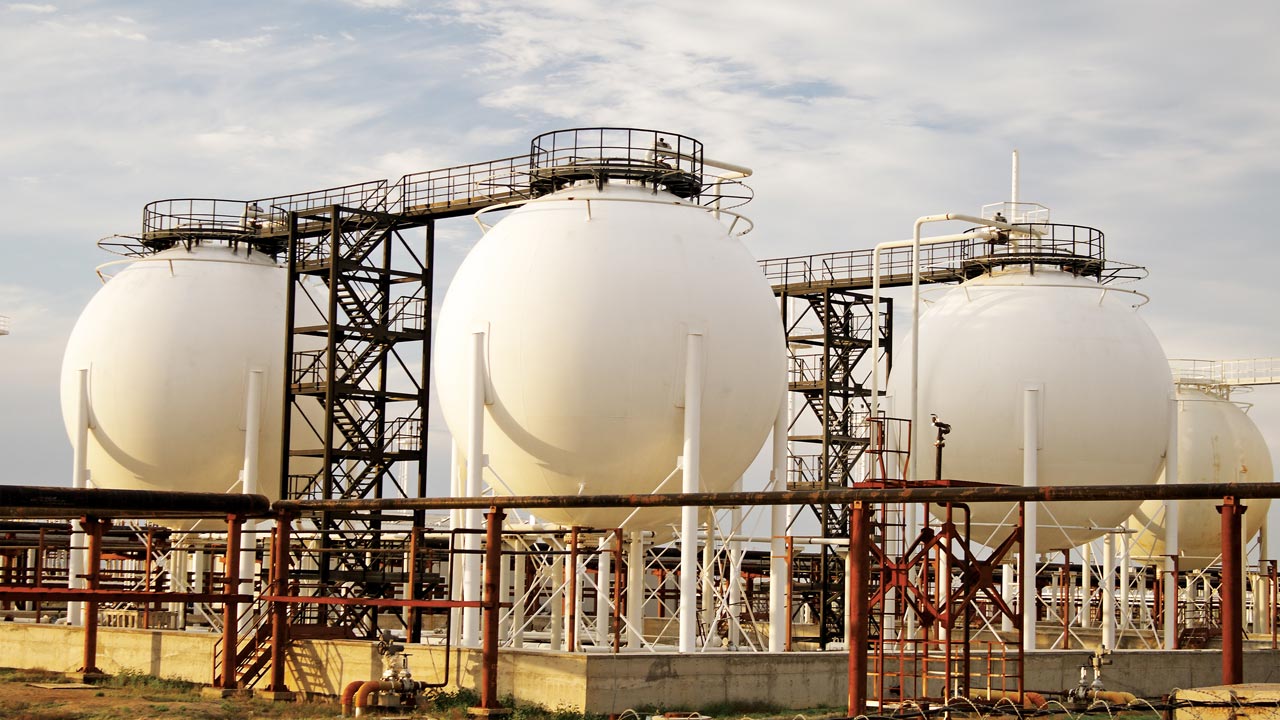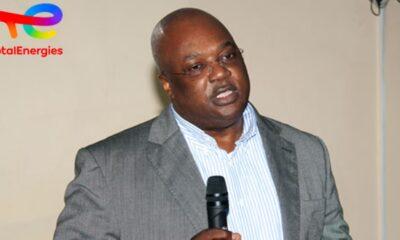- Total Plans to Grow Nigerian Gas Output by 300mscf
Total Exploration and Production Nigeria Limited has declared its interest to grow Nigerian Gas Output by 300 million standard cubic feet per day through its investment in infrastructural development of the Oil and Gas industry in the country.
The Chief Executive Officer of Total, Mr. Mike Sangster, made this known on Tuesday, during a visit to the Group Managing Director of the Nigerian National Petroleum Corporation (NNPC), Mele Kolo Kyari.
Sangster expressed worry that local demand for gas had been very much below the invested capacity.
He however expressed the company’s firm belief in the Nigerian Oil and Gas industry as well as its commitment in formulating solutions to the challenges facing the industry; adding that the Company has partnered with the NNPC to develop three offshore projects which he listed as Akpo, Usan and Egina, completed in 2009, 2012 and 2018 respectively.
“Total Nigeria will build on recent progress in many areas such as cash-call arrears and our long-standing partnership. In partnership with NNPC, the company has developed the last three Floating Production Storage Offloading Vessel, FPSO, in Nigeria and wants to build on this,” he said.
He also said that Total started the solarisation of its service stations and was currently partnering in a project for the construction of a 100 megawatts solar independent power plant, IPP, in Katsina state
The NNPC Chief Executive assured the total team that the Corporation would continue to partner with Total to grow national production and reserves. He also guaranteed them more days of transparent and accountable relationship with frameworks that would be appreciated by all.
He said, “Total Nigeria in the last five years has very visible outcomes that we have seen and I assure you that we will work together to progress all efforts to grow production and national reserves.
“I also want to put on record that your downstream company has been very supportive in the supply of gasoline into our country.”
The total team led by the Chief Executive Officer, Mr. Mike Sangster included; Mr. Patrick Olinma, the Executive Director, Assets Management and New Energy (AMNE); Mr. Abiodun Afolabi, Executive Director, Corporate Affairs and Services (CAS); Mr. Olalere Babasola, Executive General Manager (EGM) in charge of Government Relations; Mr. Onwuka Oreh also Manager Government Relations, Mr. Charles Ebereonwu, Country Communication Manager; and Mr. Edison Obeye, Government Relations Officer.also visited the Minister of State for Petroleum Resource.
They also visited the Minister of State for Petroleum Resources, Timipreye Sylva, in his Abuja office where they told him that total called for partnership with the Federal Government to enhance crude oil and gas outputs. They also said that the Company was involved in exploration activities to boost production capacity.
Sangster further told the Minister that the Company had recently launched the Ikike project and would soon conclude investment plans for Preowei Project.
Timipreye Sylva urged all Total and all stakeholders in the industry to cooperate with the Ministry to ensure speedy passage of the Petroleum Industry Bill (PIB).

 Forex2 weeks ago
Forex2 weeks ago


 Naira1 week ago
Naira1 week ago
 Naira4 weeks ago
Naira4 weeks ago
 Company News4 weeks ago
Company News4 weeks ago
 Billionaire Watch1 week ago
Billionaire Watch1 week ago




 Naira2 weeks ago
Naira2 weeks ago




 Naira1 week ago
Naira1 week ago




 Naira3 weeks ago
Naira3 weeks ago


















